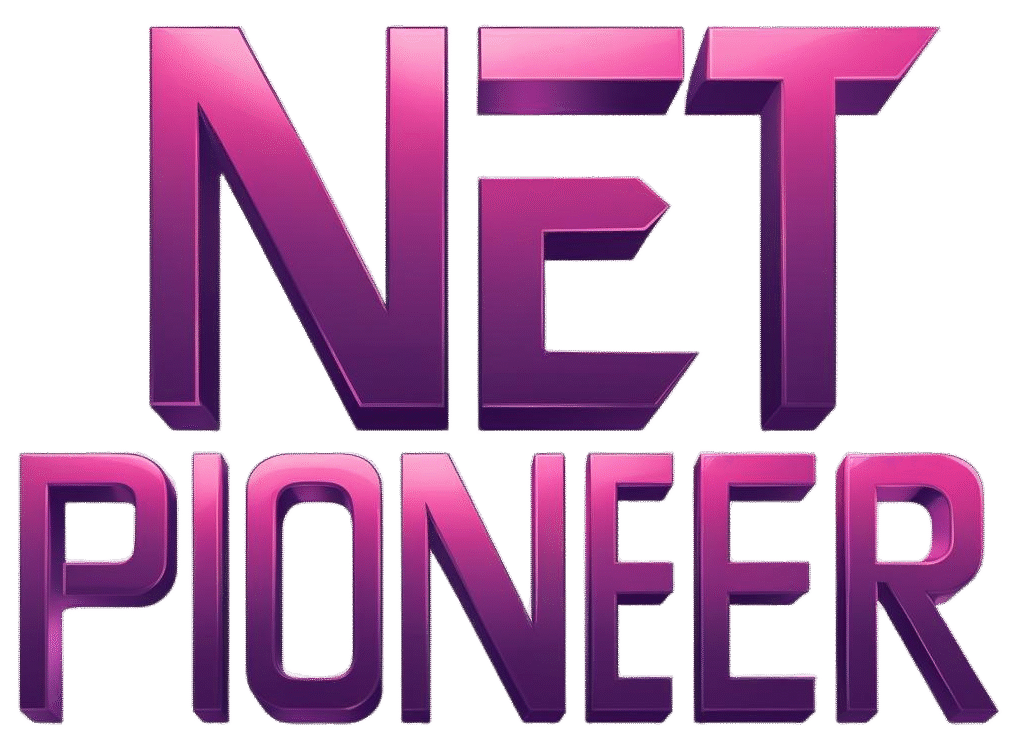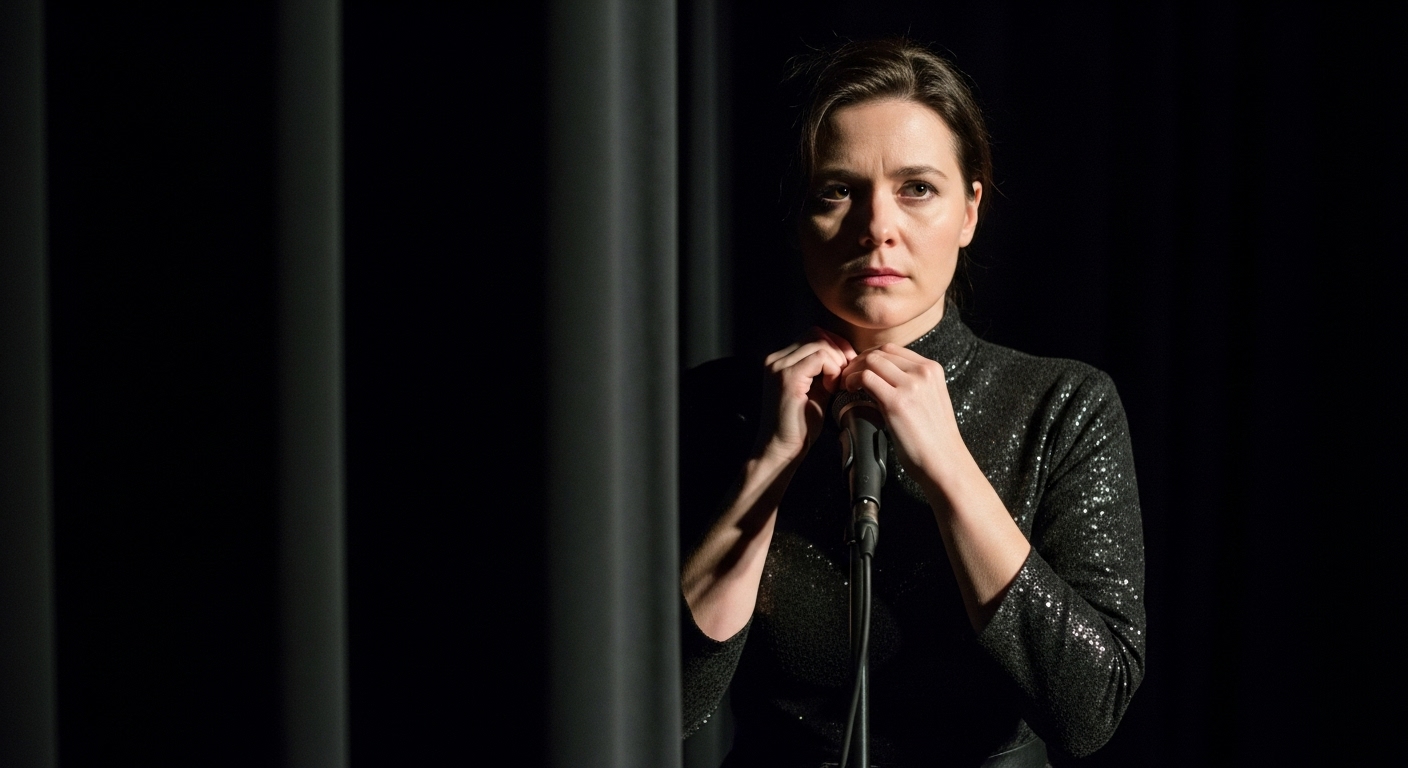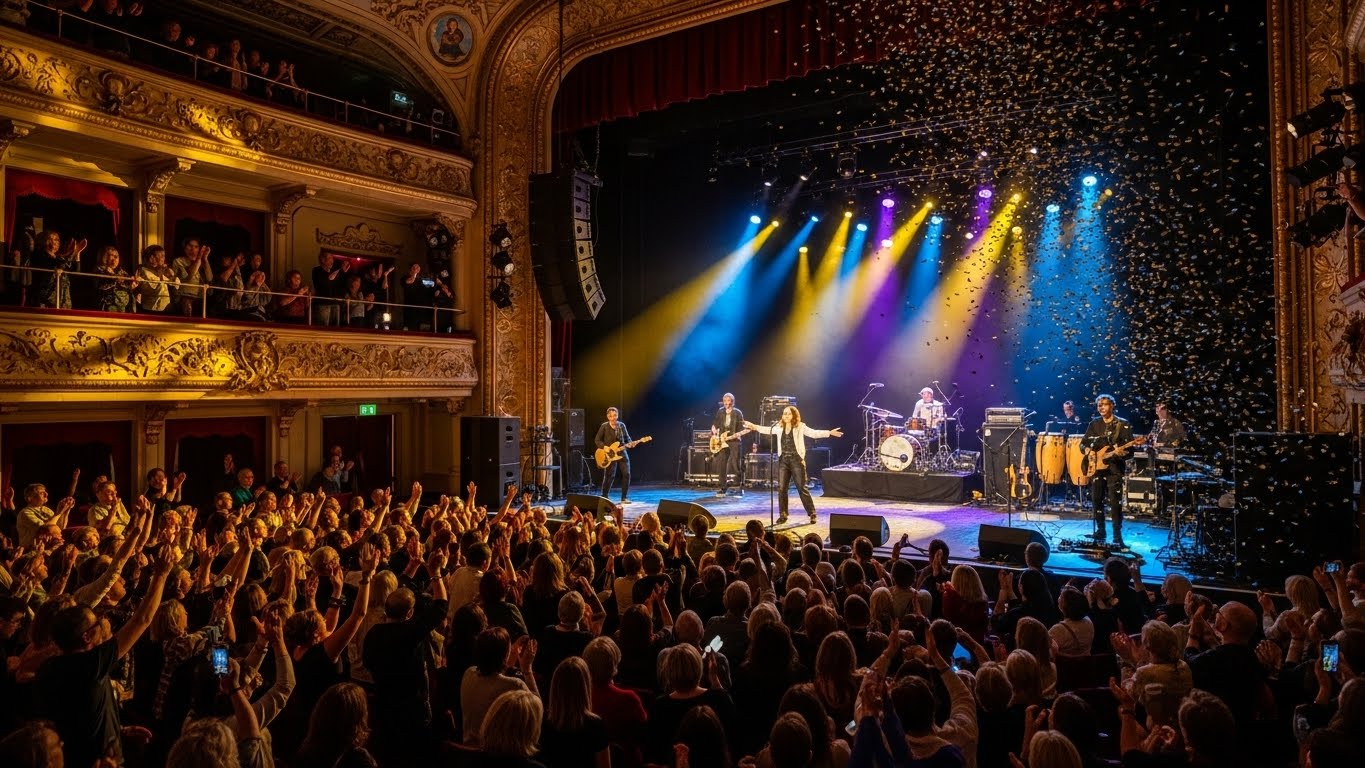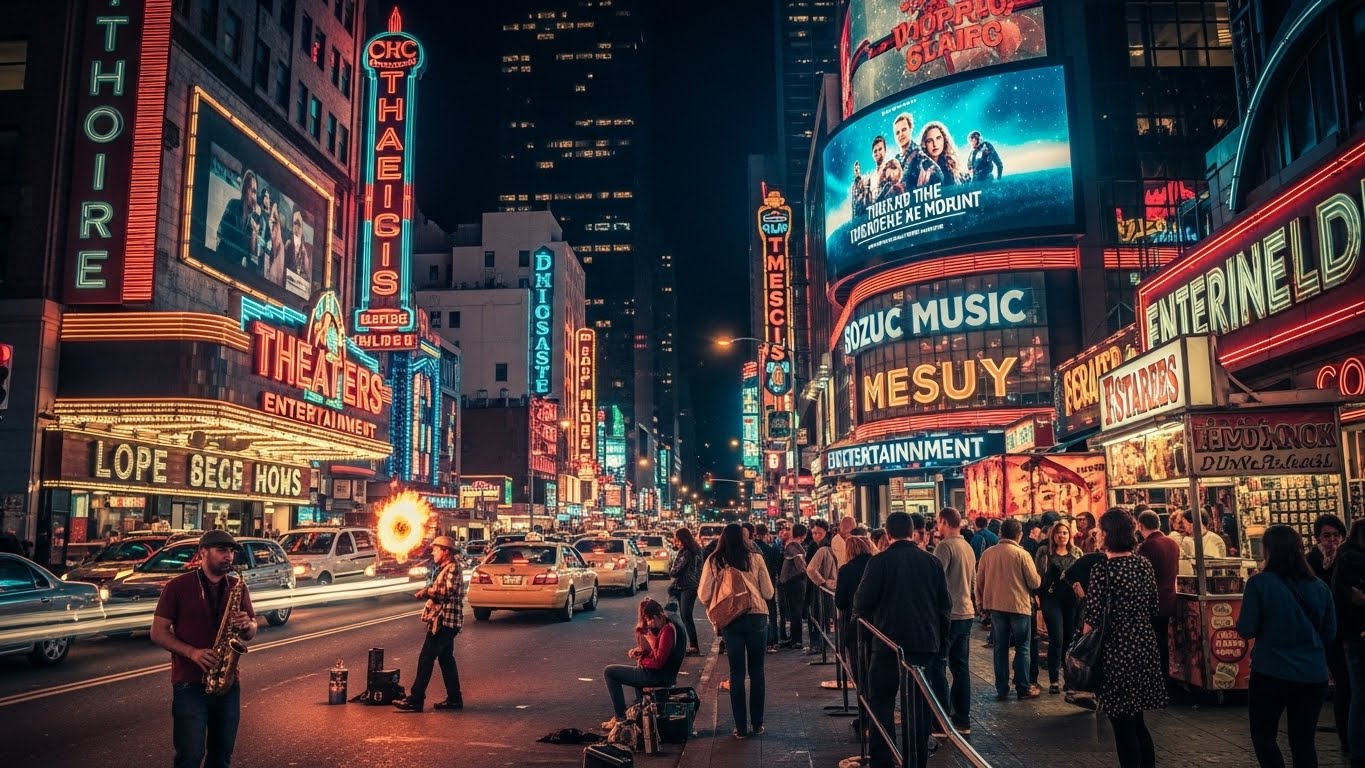Entertainment has always been part of human life. Long before the first movie projector flickered to life or the first radio broadcast filled the air, people gathered around campfires, performing songs, sharing myths, and acting out tales that explained the world around them. The ways we entertain ourselves have changed, but the purpose has not. We seek laughter, emotion, escape, and connection. Today, entertainment sits at the center of our culture, driven by technology, creativity, and an unending desire for something new.
In this post, we’ll explore how entertainment has evolved—from the days of live theater and print to the streaming-dominated digital age. We’ll dive into how storytelling, music, film, gaming, and even social media shape our identities and emotions. Entertainment isn’t just about fun anymore—it’s a reflection of who we are, what we value, and how we connect.
The Roots of Entertainment
Before television or the internet, entertainment was a communal experience. People didn’t “consume” entertainment—they participated in it. Ancient Greeks gathered in amphitheaters for plays that blended tragedy and comedy, often used to question morality, politics, and human nature. In ancient India, performances like Kathakali and Bharatanatyam told mythological stories through dance and music. Every culture had its art form, each a mirror of its people.
Books later revolutionized how stories were told. The invention of the printing press in the 15th century allowed ideas to travel across borders and generations. Reading became a private form of entertainment—one that let people step into other worlds without leaving home. Novels, poems, and short stories introduced us to heroes, lovers, rebels, and dreamers. This shift—from public storytelling to personal imagination—was the foundation of the modern entertainment industry.
The Rise of the Silver Screen
The late 19th century brought one of the most powerful inventions in human history: motion pictures. The moving image changed everything. For the first time, people could not only imagine stories—they could see them unfold. The early days of cinema were silent, yet audiences were captivated. Films like The Great Train Robbery or Charlie Chaplin’s comedies made crowds laugh and gasp, proving that images could speak louder than words.
By the mid-20th century, Hollywood had become the world’s entertainment capital. Studios churned out films that defined generations, from the glamorous musicals of the 1940s to the rebellious youth dramas of the 1950s. Movies became more than just entertainment—they were cultural markers. When people quoted lines, dressed like characters, or discussed endings, they were participating in a shared experience.
Television: The Living Room Revolution
When television entered homes, entertainment moved from public theaters into private spaces. Families gathered around the screen to watch the evening news, sitcoms, and talk shows. Unlike film, which demanded a trip to the theater, TV offered convenience. You could experience laughter, drama, and suspense from the comfort of your couch.
Television changed how we viewed time and family life. Prime-time slots became rituals. Weekly shows gave viewers something to look forward to, a shared rhythm that connected millions. Series like I Love Lucy, Friends, and The Simpsons became part of everyday conversation. News broadcasts brought world events directly into living rooms, blurring the line between entertainment and information.
Over the decades, television evolved from a bulky box to sleek smart screens. With hundreds of channels and on-demand services, viewers gained more control—but also more choices than ever before. That abundance redefined entertainment habits, leading to what we now call the “attention economy.”
The Digital Era: Entertainment Without Limits
The internet changed everything again. When YouTube launched in 2005, no one could have predicted its impact. Suddenly, anyone could create and share content. Traditional media gatekeepers lost control, and new stars were born not from studios, but from bedrooms and garages. Musicians, comedians, gamers, and storytellers found audiences that spanned continents.
Streaming platforms like Netflix, Disney+, and Amazon Prime gave viewers the freedom to watch whatever they wanted, whenever they wanted. Binge-watching became the new normal. The concept of waiting a week for a new episode started to feel outdated. The viewer became the curator, shaping their entertainment experience around their schedule.
Digital entertainment also democratized creativity. Independent filmmakers could fund projects through crowdfunding. Musicians could release songs directly to listeners without labels. Writers could publish online and reach global readers instantly. The world of entertainment became both crowded and boundless, filled with opportunity and noise.
The Social Media Stage
Entertainment today isn’t just about consuming—it’s about performing. Platforms like TikTok, Instagram, and X (formerly Twitter) have turned everyone into a potential entertainer. Short-form videos, memes, and viral challenges blur the lines between creator and audience. What once required a production team can now be done with a smartphone and imagination.
Social media transformed how we relate to fame. Celebrities no longer feel distant; they post their lives in real time. Fans interact with artists directly, shaping trends through comments and reposts. But this accessibility also creates pressure. The race for likes, views, and followers has turned attention into currency.
Despite its flaws, social media entertainment captures something deeply human—the desire to be seen and understood. Every dance trend, skit, or viral joke carries a piece of cultural identity. It’s spontaneous, imperfect, and often brilliant in its simplicity.
The Power of Storytelling
Whether it’s a movie, a song, or a video clip, at the heart of all entertainment lies storytelling. Humans are wired for stories—they help us make sense of chaos. A good story doesn’t just entertain; it moves us, challenges us, and sometimes changes us.
Modern storytelling has evolved beyond linear narratives. Series like Black Mirror or The Last of Us invite reflection on technology, morality, and survival. Video games like The Legend of Zelda: Breath of the Wild or Red Dead Redemption 2 tell cinematic stories while giving players agency in shaping them. Interactive storytelling has become a bridge between art and experience.
Even brands now use storytelling to entertain and connect. Advertisements have shifted from product features to emotional narratives. Entertainment has become the universal language of influence—one that transcends borders, languages, and cultures.
Music: The Soundtrack of Our Lives
Few things influence emotion like music. It can lift us up, make us cry, or bring back forgotten memories. From vinyl records to streaming playlists, music has adapted to every era. But its power remains the same—it unites.
Each generation has its anthem. The 1960s brought protest songs that became voices for change. The 1980s filled airwaves with synth-pop and rock ballads. The 2000s saw hip-hop and R&B take global center stage. Today, genres blend freely. A listener might shuffle between K-pop, country, and indie rock in one sitting.
Technology has made music more accessible than ever. But this abundance raises a question—does having everything at our fingertips make us appreciate it less? Perhaps the answer lies in the personal connections music creates. A favorite song still has the power to make us feel understood in ways no other art form can.
The Gaming Generation
Video games once carried the stigma of being “for kids.” Today, they’re one of the most influential and profitable sectors of entertainment. Gaming is no longer just about playing; it’s about storytelling, competition, and community. Esports tournaments fill arenas, and streamers entertain millions live on platforms like Twitch.
Games now rival movies in production value and narrative depth. Titles like God of War, The Witcher 3, and Elden Ring deliver cinematic experiences that immerse players emotionally and intellectually. Meanwhile, casual mobile games keep people entertained during daily commutes.
What makes gaming unique is interactivity. Unlike watching a film, players participate in the outcome. They make choices, solve puzzles, and live through their avatars. This active engagement transforms entertainment into personal experience.
Celebrity Culture and the Age of Influence
Entertainment has always created stars, but social media has rewritten what fame means. Influencers can rise overnight, gaining millions of followers through relatability or creativity rather than traditional talent. Fame has become decentralized, fragmented across niches and platforms.
This shift has both empowered and complicated the industry. On one hand, new voices have space to be heard. On the other, fame has become fleeting. Trends burn bright and fade quickly. The challenge for entertainers today isn’t just to get attention—it’s to sustain it authentically.
Still, celebrities—old or new—remain cultural touchstones. Their lives and choices influence fashion, behavior, and conversation. Entertainment has made fame not just a dream but a business, one that reflects our fascination with human stories beyond the screen.
The Psychology of Entertainment
Why do we crave entertainment? Psychologists suggest it fulfills several human needs—escape, identity, and emotion. When life feels chaotic, a movie or song offers a temporary refuge. We live vicariously through characters, feeling their triumphs and heartbreaks as our own.
Entertainment also provides belonging. Shared fandoms and communities form around shows, games, and artists. These connections offer social comfort and meaning. Discussing theories about a series finale or debating favorite characters gives us a sense of shared culture.
Moreover, entertainment influences our worldview. What we watch or listen to shapes our empathy, values, and aspirations. The stories we consume are not neutral—they reflect and reinforce beliefs. That’s why representation in entertainment matters. Seeing diverse voices on screen validates real experiences and broadens understanding.
The Future of Entertainment
What comes next? As artificial intelligence and virtual reality evolve, the boundaries between reality and fiction blur further. Imagine concerts where holograms perform alongside living artists, or films where viewers can alter endings in real time. These innovations may sound futuristic, but they’re already unfolding.
AI-generated content, while controversial, opens new creative possibilities. Algorithms can now compose music, write scripts, and even design characters. The challenge will be balancing technology with human creativity. True entertainment thrives on emotion—and that’s something machines can mimic, but not feel.
Virtual and augmented reality will push immersion even further. Instead of watching stories, audiences will step into them. A decade from now, entertainment may not be something we watch, but something we live.
The Timeless Need for Joy
No matter how much technology advances, the essence of entertainment remains constant—it’s about joy, curiosity, and shared emotion. The mediums will change, the platforms will shift, but the need to laugh, dream, and escape will never fade.
We might not gather around fires anymore, but we still gather around screens. We still tell stories, still search for meaning in the chaos of daily life. Entertainment reminds us that even in an age of algorithms and data, humanity thrives on imagination.
It connects generations, bridges cultures, and gives us a common language of feeling. Whether it’s a melody, a meme, or a masterpiece, entertainment continues to be our mirror and our muse.
Final Thoughts
The story of entertainment is the story of us. Every innovation, every trend, every viral moment reflects our changing desires and fears. It reminds us that even as the world grows more complex, we remain the same creatures who crave stories, laughter, rhythm, and connection.
As we move forward into new forms of digital storytelling, one truth endures: entertainment isn’t just something we consume—it’s something we live. It captures who we are, who we were, and who we dream of becoming.



